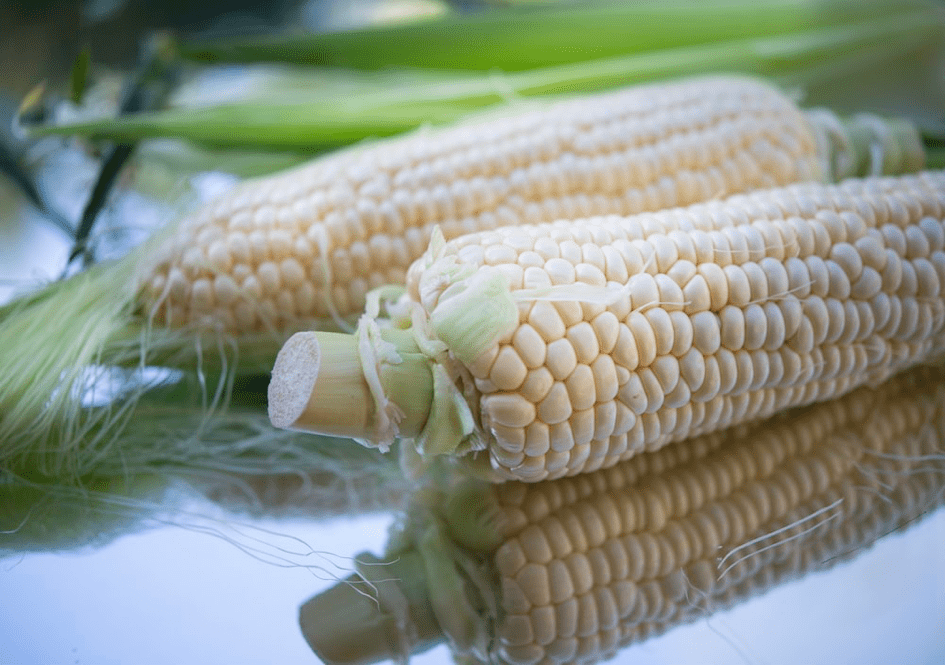This tuber, mainly cultivated by women in West Africa, is consumed roasted or processed into flour for preparing infant porridge.
The cultivation of this crop involves the extensive use of chemical inputs. The NGO Enpro has initiated an agroecology program for pearl millet cultivation, in partnership with GRET, another NGO that supports the training of rural communities.
Togo produces the “large” variety of pearl millet, which faces competition from the “small” variety from neighboring countries, as it is easier to use. There are two cultivation methods: conventional cultivation that uses pesticides and herbicides, and organic cultivation, primarily intended for export.
The NGOs have aimed to assist a cooperative of female producers in transitioning to agroecological pearl millet farming to meet existing demand. The Mokpokpo cooperative accommodates around thirty women.
Within the framework of the agroecological program, these women benefit from support at various levels:
– Strengthening organization and leadership capacities.
– Enhancing technical skills: storage, processing, compost introduction, establishment of a training space, and equipment acquisition.
– Analyzing distribution channels and market opportunities.
There is ongoing consideration for the implementation of a Participatory Guarantee System (SPG) label for the cooperative’s marketed products.
Source: GRET




